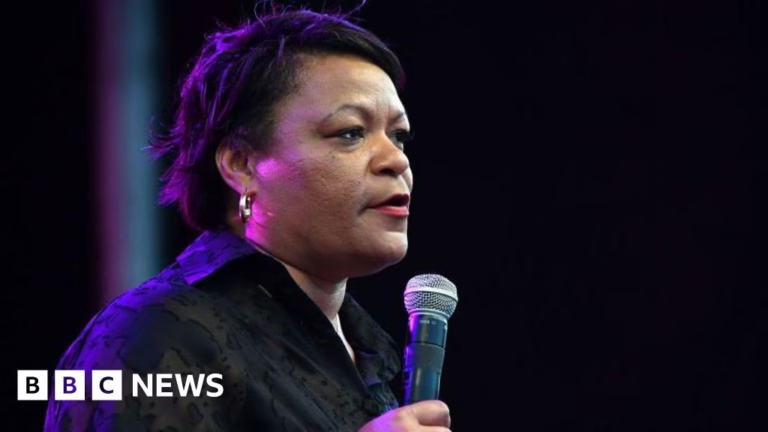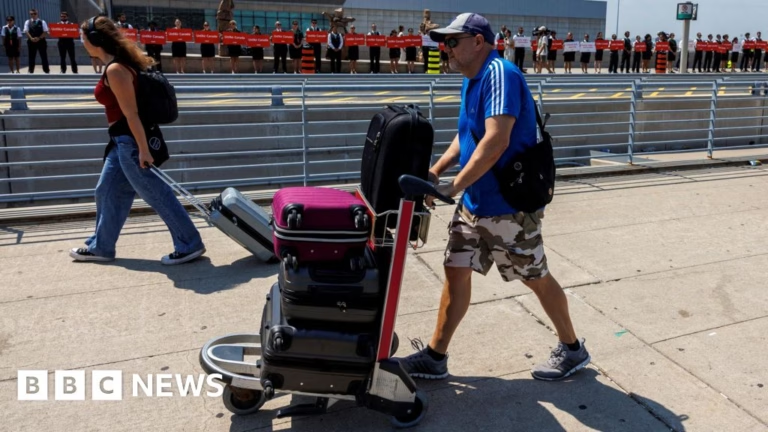Power struggle: Marcos Jr and Duterte battle for dominance in Philippines
The intense political battle between President Ferdinand “Bongbong” Marcos Jr and Vice-President Sara Duterte in the Philippines has deepened following the recent mid-term elections, with the outcome signaling a significant weakening of the Marcos administration.
Marcos Jr and Duterte, whose alliance helped secure a landslide victory in the 2022 presidential elections, have been embroiled in a feud where accusations of attempted assassination and incompetence have flown. The mid-term elections thus became a crucial test of the strength of these two powerful political dynasties.
Results of the elections were not favorable for the Marcos camp. While traditionally incumbent presidents in the Philippines manage to get most of their senate picks elected during mid-term polls, the Marcos alliance could secure only six out of the 12 winning senators. By contrast, the Duterte camp garnered four senators, including Marcos Jr’s sister Imee.
With senators in the Philippines being elected through a simple, nationwide vote, this result could diminish the Marcos administration’s authority in the last three years of its term, adding uncertainty to plans to impeach Sara Duterte. Impeachment would bar Duterte from any public office, preventing her possible succession to Marcos Jr in the next election.
The deteriorating relationship between Marcos Jr and Duterte began almost as soon as their administration commenced three years ago, culminating in a complete rupture this year. The decision to impeach Duterte, followed by Marcos Jr sending her father, former President Rodrigo Duterte, to the International Criminal Court over alleged crimes against humanity, signified the point of no return.
Politics in the Philippines operates on a strong family business model. Once a family gains political power, they tend to hold onto it across generations. The Marcos and Duterte families hold prominent positions within this system. The Marcos family has been involved in politics for 80 years. Former President Ferdinand Marcos ruled from 1965 to 1986, implementing martial law and misappropriating billions of dollars. His wife, Imelda, notorious not only for her political activities but also for her extravagant lifestyle, including her vast shoe collection, is still influential in politics.
Imee Marcos was re-elected to the senate after defecting to the Duterte camp, while Bongbong Marcos’ son Sandro is a congressman and his cousin Martin Romualdez is speaker of the lower house and a probable presidential candidate in 2028.
The Duterte family also dominates the political landscape in their stronghold of Davao. Even in prison, Rodrigo Duterte ran for mayor and won, with all voters seeing of him being a life-size cardboard cutout. The Dutertes have been Davao’s mayors for 34 out of the past 37 years.
The elections also highlighted the influence of celebrity politicians and large political families in the Philippines, where many candidates come from a media or showbiz background. This makes their allegiance to any political camp uncertain, particularly on the issue of impeachment.
The upcoming impeachment trial of Sara Duterte could spark unprecedented political turmoil in the Philippines. Impeachment in the country is a rarity, and there has never been such a bitter falling out between a president and vice-president. The Marcos camp faces an uphill battle to secure the necessary votes for impeachment, as many senators, though officially allied, may not remain loyal given their own aspirations and the public’s sentiment.
Looking ahead, the political landscape in the Philippines seems increasingly volatile, with both the Marcos and Duterte camps intensifying their efforts to sway senators and public opinion in their favor. The outcome of the impeachment trial and the ensuing power struggle will significantly impact the country’s politics for years to come.
Source: https://www.bbc.com/news/articles/c7v73192pp3o




